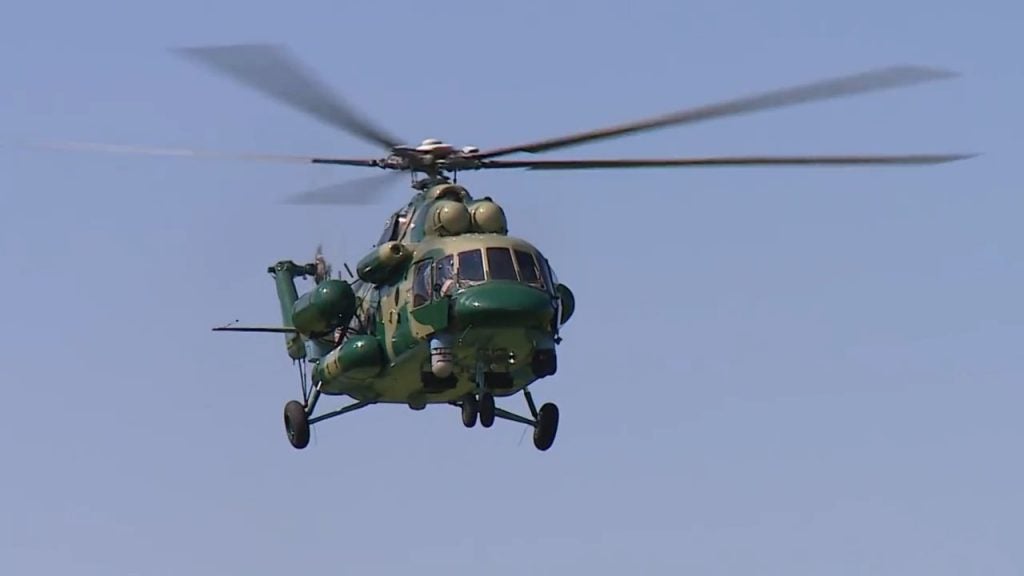Estonia Summons Russian Ambassador Over “Very Serious” Airspace Violation
Estonia’s Foreign Ministry announced on Tuesday that it had summoned Russia’s ambassador to the Baltic nation to protest and issue a diplomatic note over the June 18 intrusion of a Russian Border Guard Mi-8 helicopter into Estonian airspace.
According to the Estonian defense ministry, the Mi-8 involved flew over the Koidula region of south-eastern Estonia that borders Russia for approximately two minutes. The helicopter did not have a filed flight plan, had its radio transponder disabled and did not respond to communications from Estonian air traffic control for the duration of the airspace violation.
The Foreign Ministry said that it considered the airspace intrusion to be “an extremely serious and regrettable incident that undoubtedly causes additional tensions and is completely unacceptable”.
Kusti Salm, the Permanent Secretary of the Estonian Ministry of Defence, told journalists on Tuesday that “Getting over the border with a helicopter cannot be a mistake” due to multiple such incidents in recent days. According to the ministry’s top civil servant, Estonia’s perception of the Russian threat “has never been as serious as it is now”, with other recent Russian “provocative actions” including flights close to the border and missile strike drills on NATO targets on Estonian territory.
Russian Ambassador to Estonia Vladimir Lipaev was summoned to meet with Estonian Ministry of Foreign Affairs Undersecretary Rein Tammsaar on Tuesday, with the Undersecretary reiterating that “by invading Ukraine, Russia has gravely violated international law, and it is continuing massacres and is complicit in the mass deportations of Ukrainians to Russia.” In a statement, the Estonian Foreign Ministry called on Russia to immediately withdraw its forces from Ukraine, end its aggression and respect Ukraine’s sovereignty and territorial integrity within its internationally recognised borders.
Undersecretary Tammsaar also expressed solidarity with Lithuania during the meeting, emphasizing Lithuania is implementing the European Union’s fourth sanctions package on Russia, which took effect on June 17. The sanctions package prohibits the transport of items such as steel and other metal products to Russia (with the item list to gradually expand in the coming months), resulting in a halt in rail traffic carrying sanctioned goods to Kaliningrad through Lithuania. Passenger rail traffic and non-sanctioned goods headed to and from the Russian exclave are not subject to restrictions, as is sea and air freight from Russia.
The Kremlin has threatened retaliation for what it claims to be a “blockade”, with spokesperson Dmitry Peskov calling it a “violation of everything”. While Kaliningrad governor Anton Alikhanov has claimed that the rail cargo restrictions will be compensated for with increased sea freight to and from St. Petersburg, his comments instead sparked a brief wave of panic buying over the weekend.

